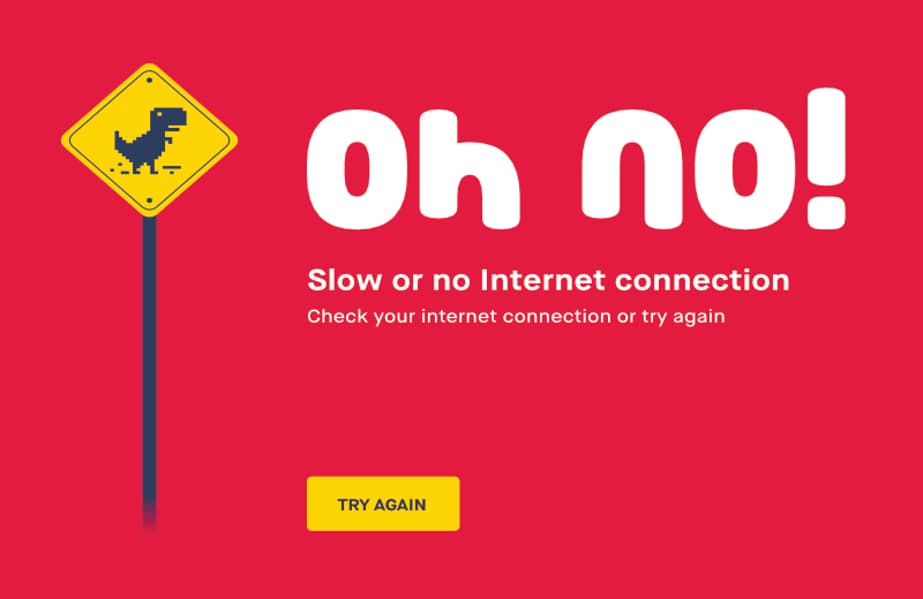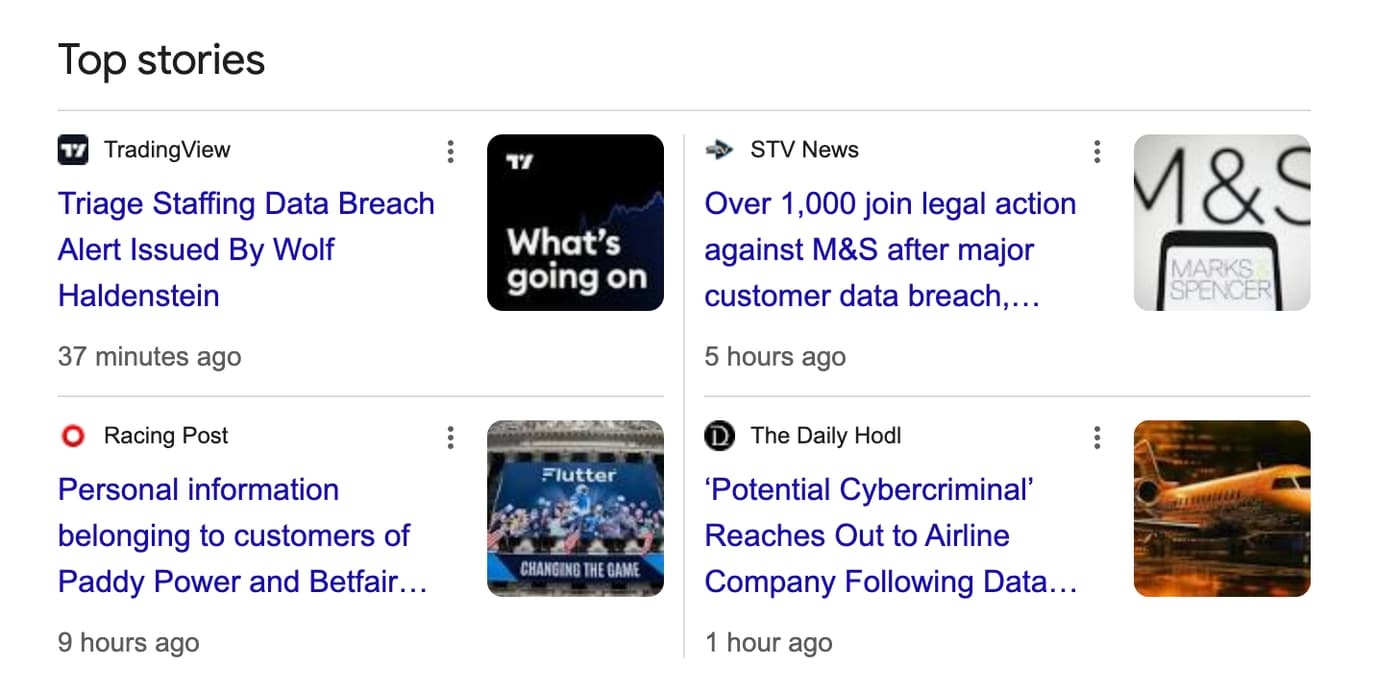
Discussions have arose about how the internet is regulated and whether it should have rules in place to keep it as an open medium.
What is net neutrality?
The original idea of net neutrality was that everyone who uses the Internet is treated equally by Internet Service Providers (ISPs) regardless of how it is accessed. Essentially, it means that ISPs cannot decide who gets priority thereby allowing people to have free speech without interference.
In May 2017, chairman of the US FCC (Federal Communications Commission) Ajit Pai began the process of changing the Net Neutrality rules that were set out in 2015. The FCC voted to review these rules with two main thoughts, firstly to alter Title II of the Communications Act of 1934 which imposes the net neutral regulations and secondly whether there should be any regulations which govern the ISPs at all.
So what could go wrong?
Without Net Neutrality, ISPs such as Verizon or BT can manipulate our data, which would mean that they are able to decide what data gets priority online. Any data sent could potentially be solely managed by ISPs, so without the net neutrality rules in place, users could see their internet speeds throttled, be redirected to different websites or even have data blocked. In terms of throttling, big companies such as Twitter could pay for ISPs to make accessing and using their website faster than others, alternatively ISPs can charge for this luxury and at an extortionate price if they so wished, leaving a devastating effect on smaller businesses preventing them from this level of access.
Do we even need it?
The straight answer is it depends (or not so straight!). Net Neutrality is what gives all businesses a fair chance at taking on the Internet. However, without it there could be more competition, which is what the industry needs. Competition means that big companies are less able to create monopolies and have too much power, which is clearly dangerous.
In contrast the answer could be yes, yes we definitely do. Users should be free from discrimination/bias/inequity; for years the Internet has had rules in place so that everyone is treated equally. This may be about to change.





